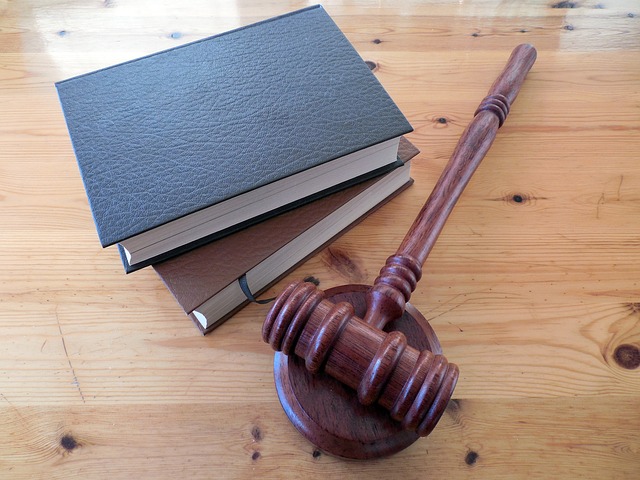Do You Know Your 5 Fundamental Rights After Arrest? | Assault Lawyer, Toronto
Being arrested and placed in handcuffs to be whisked away to jail can be a very traumatizing experience. In a split second, you can lose your family, freedom and reputation. When this happens, it is important to obtain legal advice as soon as possible.
John Erickson, B.A. (Hons), LL.B, is a highly experienced senior criminal defense lawyer who will strive to work with you and your family to offer timely legal advice and representation.
First Things First, Always Know Your Rights!
The Canadian Charter of Rights and Freedoms (“the Charter”) guarantees every person who has been detained or arrested the following rights:
- 1. To be told forthwith the reason why you are being detained or arrested.
- 2. To be told forthwith that you have the right to contact immediately any lawyer that you wish to speak to and, if you don’t have or know one, to speak to Duty Counsel to receive free legal advice before you decide whether or not to provide a statement to police.
- 3. To be told that you have the right to remain silent but that anything you do say can be used as evidence against you.
- 4. To be given a reasonable opportunity to speak with any lawyer you wish in private or, if you don’t have one or don’t know one, to speak with Duty Counsel in private.
What To Do If You Are Arrested or Detained
When being placed under arrest, do not attempt to resist the police or assault a police officer. Resisting arrest or assaulting a police officer who is acting in the course of his/her duty is a criminal offense (Section 270) so if you do either of these things, you may find yourself facing additional charges.
When being detained or arrested, you have a legal obligation to truthfully identify yourself. Do not lie to the police about your identity or anything else because lying to the police may result in you facing an additional charge of obstructing a police officer (Section 129) or worse, obstructing justice (Section 139). Rather than lying to police, it is best to remain silent and refuse to answer questions until you have had an opportunity to speak to a lawyer.
The Charter guarantees everyone the right not to be detained without just cause. Police have a right to detain a person only if they have reasonable suspicion that the person has committed a crime and they have the right to arrest a person only if they have reasonable grounds to believe that the person has committed a crime. Reasonable grounds is more than a hunch. To have reasonable grounds, the officer’s must have both a subjective belief that the person committed an offense and the officer’s belief itself must be objectively reasonable.
If you are stopped by the police, your first words should always be, “Am I free to go?” If the officer says yes, then you go. If the officer says no, then your next words should be “I want to speak to my lawyer right now.” Beyond that, the only thing that you should say is your name & date of birth and repeated that you want to speak to your lawyer until you have had an opportunity to consult with counsel of your choice in private.
Once you say that you want to speak to a lawyer, police have a legal obligation to put you in contact with that lawyer without delay. If you do not know or do not have your own lawyer, the police have a legal obligation to provide you with a 1-800 toll-free to speak to Duty Counsel for free legal advice. As soon as you say that you want to speak with your own lawyer or with Duty Counsel, the police have a legal obligation to stop asking you any questions until you have had a reasonable opportunity to speak to your lawyer or Duty Counsel in private.
If you have been arrested, the police have a right to search your person for any weapons or evidence that you have committed a crime. Usually, this takes place in the form of a pat-down search over your clothing. If you are taken into police upon arrest, the police have a right to seize your property at the station to either be seized as evidence or stored for you until your release. Under certain circumstances, police also have a right to conduct more intrusive searches of your person, including a strip search. However, these types of searches can only be conducted in private rooms at the police station by officers of the same sex as the accused and only after receiving permission from the Staff Sergeant.
What Happens If You Are Under 18 Years of Age?
If you are under the age of 18 years, the Youth Criminal Justice Act requires that the police inform you that you have the right to get it touch with either your parents, a legal guardian or an adult you trust and have them be present if you decide to speak to the police. You may contact both your parents/legal guardian and a lawyer. You do not have to choose between the two.
Given the complexities involved, it is critical that you contact a competent criminal defense attorney as soon as possible.



Comments are closed.